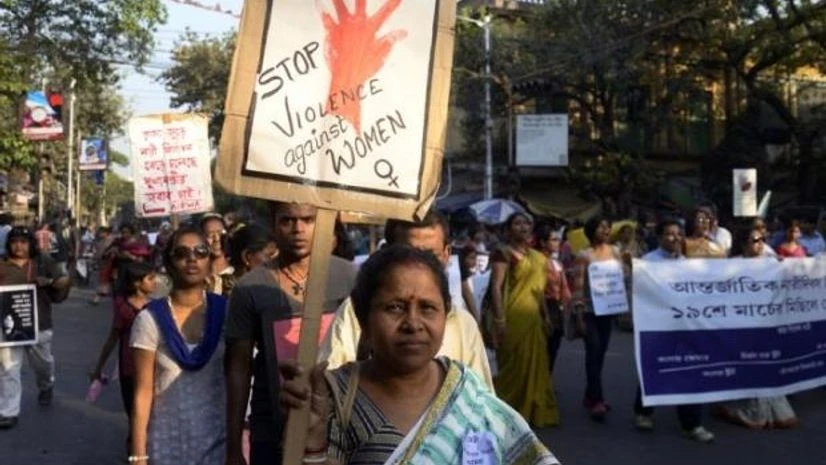The U.N. health agency and its partners have found in a new study that nearly one in three women worldwide have experienced physical or sexual violence in their lifetimes.
The report released Tuesday from the World Health Organization, based on what the agency called the largest-ever study of the prevalence of violence against women, also found such violence starts early. It says a quarter of young women who have been in a relationship were found to have experienced violence by an intimate partner by the time they reach their mid-20s.
The figures, which track a period from 2010 to 2018, doesn't cover the impact of the COVID-19 pandemic. Studies have shown an increase of domestic violence against women as governments in many places ordered lockdowns and other restrictions that led many people to remain indoors at home.
Violence against women is endemic in every country and culture, causing harm to millions of women and their families, and has been exacerbated by the COVID-19 pandemic, WHO Director-General Tedros Adhanom Ghebreyesus said. He urged governments, individuals and communities to help address the problem.
The study, the first of its kind by WHO since 2013, looks at both violence by intimate partners of women and sexual violence by non-partners and found around 736 million women and girls over 15 were subjected to at least one of these forms of violence.
Globally, when we look at the combined effect of intimate partner violence and non-partner sexual violence, we have ... one in three women who have experienced at least one of these forms of violence, said Dr. Claudia Garcia-Moreno of WHO's sexual and reproductive health and research unit.
The agency says intimate partner violence is the most prevalent form of violence against women globally by far, affecting about 641 million people. But 6% of women who took part had reported being sexually assaulted by someone other than their partner and that estimate is believed to understate the real number because of stigma and underreporting of sexual abuse.
The study found such violence disproportionately affects women in low- and lower-middle-income countries, with some countries showing a prevalence of about half of all women.
(Only the headline and picture of this report may have been reworked by the Business Standard staff; the rest of the content is auto-generated from a syndicated feed.)

)
